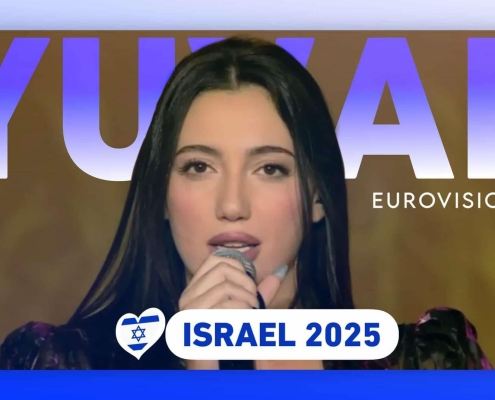
Israel: Yuval Raphael wins HaKokhav Haba and will represent the country at Eurovision 2025
/
0 Comments
Yuval Raphael, a survivor of the Hamas terrorist attack at the…
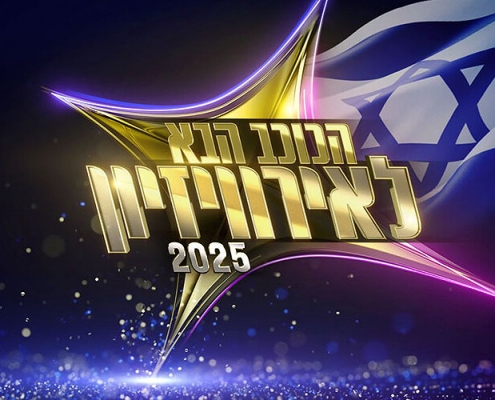
Israel: The Grand Final of HaKokhav HaBa – Eurovision 2025 Edition is Tonight!
The big night has finally arrived for Israel, as the…
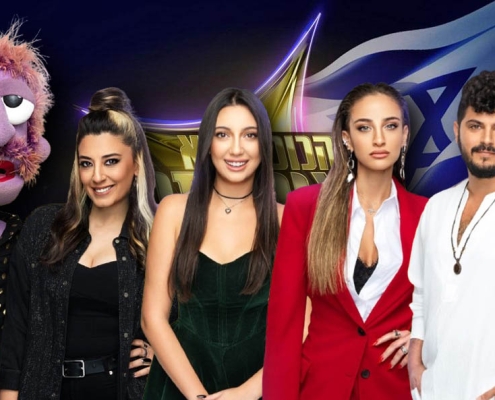
Israel: The four finalists of HaKokhav HaBa 2025!
Israel is entering the final stage of selecting its representative…
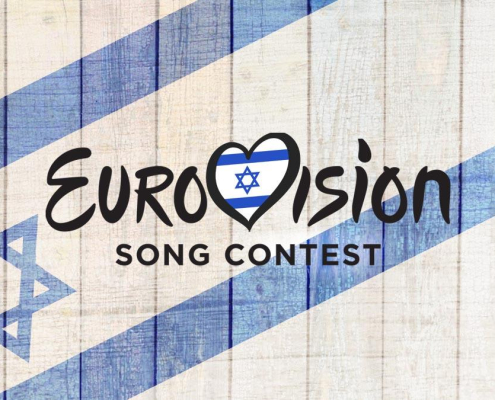
Israel: The bill for the closure of IPBC/Kan was not passed! | The future of the broadcaster as a member of the EBU still in question!
The bill to close down IPBC/Kan, Israel's national broadcaster,…

Israel: All the highlights from the 30th episode of HaKokhav Haba!
Last night, Tuesday 14th of January, the 30th episode of HaKokhav…
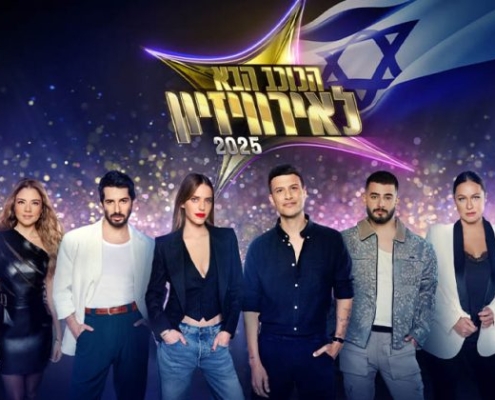
Israel: Everything That Happened in the 29th Episode of HaKokhav HaBa!
Last night, the 29th episode of HaKokhav HaBa, Israel’s selection…

Israel: All the highlights from the 29th episode of HaKokhav Haba!
Last night, Sunday 12th of January, the 29th episode of HaKokhav…

Israel: Everything That Happened in the 28th Episode of HaKokhav Haba!
Yesterday, on Saturday, January 11th, the 28th episode of HaKokhav…

Israel: HaKokhav Haba Grand Final to take place on January 22!
After countless auditions and a great number of episodes, the…

Valerie Hamaty will represent Israel with a ballad, but Not in Arabic, if she Wins HaKokhav Haba
Valerie Hamaty, a contestant on HaKokhav Haba, the talent show…


